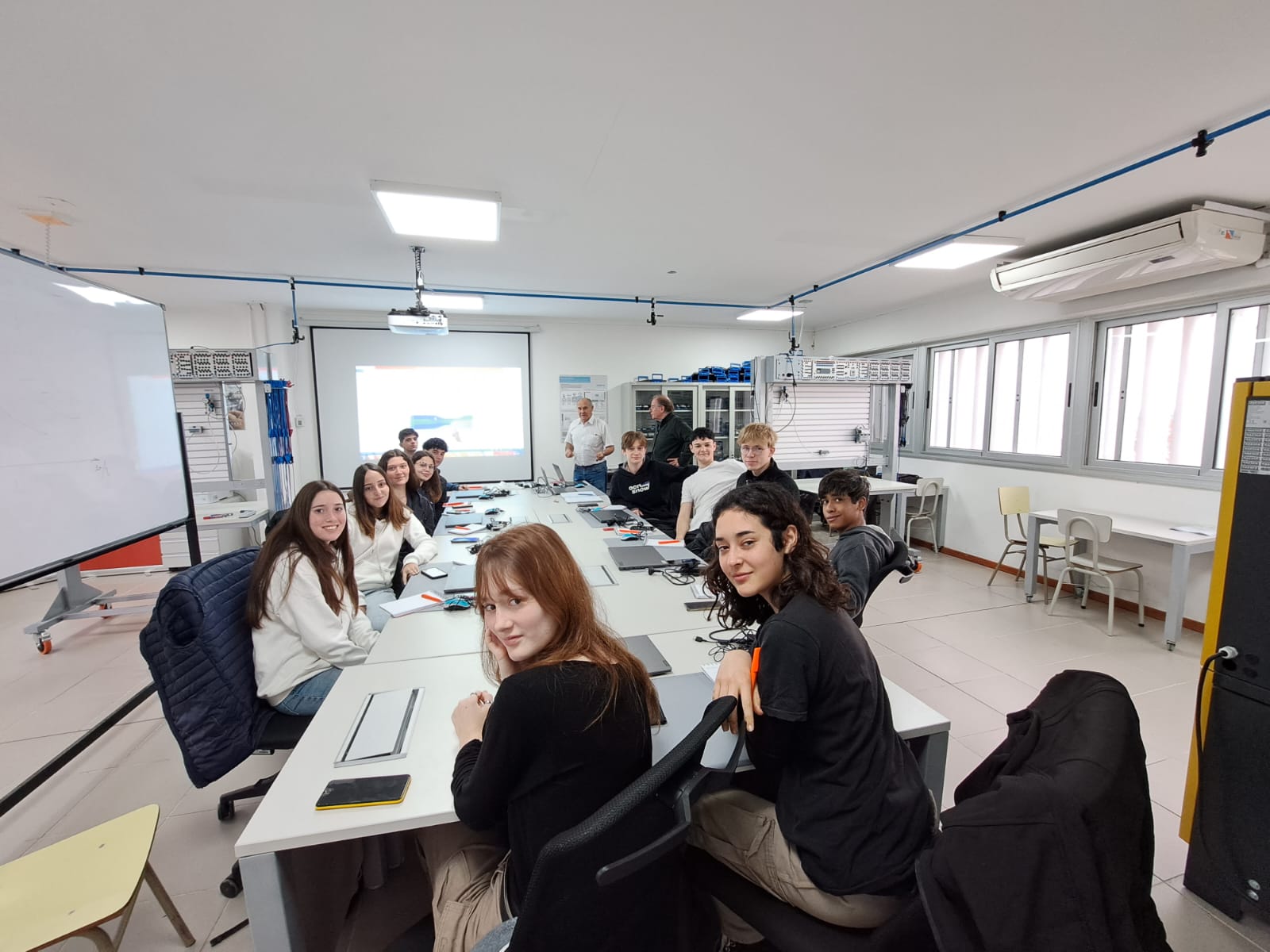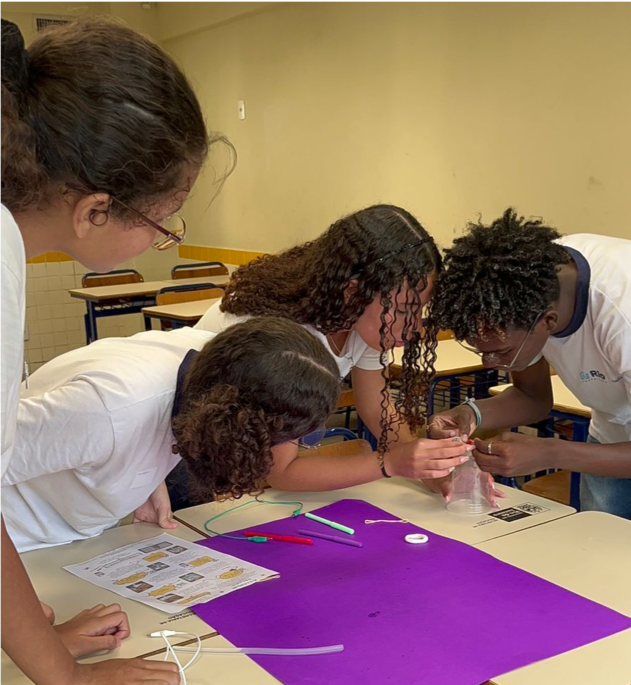The Techint Group provides various educational programs through an approach that combines professional teacher training with ongoing support, offering them a range of strategies and didactic tools that are both concrete and flexible, enabling them to work effectively with their students.

The results of different tests carried out in recent years (see note Results that concern us) reflect the considerable gap between what children learn at school and what daily life demands of them. For this reason, the Community Relations area of the Techint Group is operating through its network of Roberto Rocca Technical Schools (ETTRs in Spanish) as well as the Roberto Rocca Technical Gene and Roberto Rocca After School programs. The programs use teaching models anchored in STEM subjects to strengthen children’s knowledge and skills in the areas of Science, Technology, Engineering and Math, the idea being to get young people to a place where they can solve complex real-world problems and fully exercise their citizenship. The educational programs also seek to strengthen a fuller range of subjects in a focused fashion and encourage interdisciplinary work.
In general terms, it's crucial to get young people ready for life in society. This involves training them to be future citizens who can handle various situations and challenges, whether they're personal, professional, social, or scientific.
It tends to be the case that math is usually the area that end ups excluding students from a given educational scenario, or that forces them to choose professions or trades that don’t involve math-related skills. This means that it’s necessary to prepare them so that they can develop mathematical thinking to use in their daily lives. In short, the point is to ensure that each student is taught to think mathematically rather than just calculate numbers.
The mathematics plan included in the Roberto Rocca programs includes working with teachers as a first step. These professionals have a dedicated environment for their growth and the development of their own mathematical thinking. They start by reflecting on various aspects, and these thoughts are then turned into specific actions in their teaching environment. “The strength of this proposal lies in how it’s implemented. The space for reflection is incredibly important, and when it’s eventually consolidated into action, it brings about transformation,” explains Erika Bienek, Director of Community Relations of the Techint Group.

Activity in the selection process for Roberto Rocca After School ain Santa Cruz, Brazil.
In a second instance, each teacher takes what they have learned and applies it in their teaching scenario, accompanied by one of the program’s regional representatives, an expert in the program’s particular educational approach. This is a dynamic and circular process, as the teacher turns the math subject-matter into problems to be solved before taking it into the classroom for implementation where they get support from the program representative who provides accompaniment. After the implementation phase, there’s another reflective session where the teachers share what happened in the classroom with their peers and the program coordinators as a collective exercise.
"We're creating a fresh approach to math that makes it practical and applicable to real-world situations, providing teachers with the room to debate and share strategies, as well as listen to each other’s mistakes and successes. Ultimately, this process allows us to empower teachers so that they not only develop their own mathematical thinking but also stimulate it in their students,” says Bienek.
Organizing the curriculum
The curriculum includes seven key areas of mathematical thinking within the cross-sectoral topics necessary for secondary education: algebraic, stochastic, variational, proportional, geometric thinking, visualization and modeling. It works in an articulated manner between the school year and thought, which means that anyone using the material has the opportunity to choose to review one particular area throughout a student's educational growth path, or else cover the seven areas during the school year.